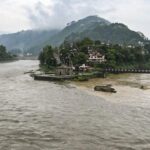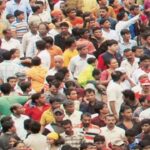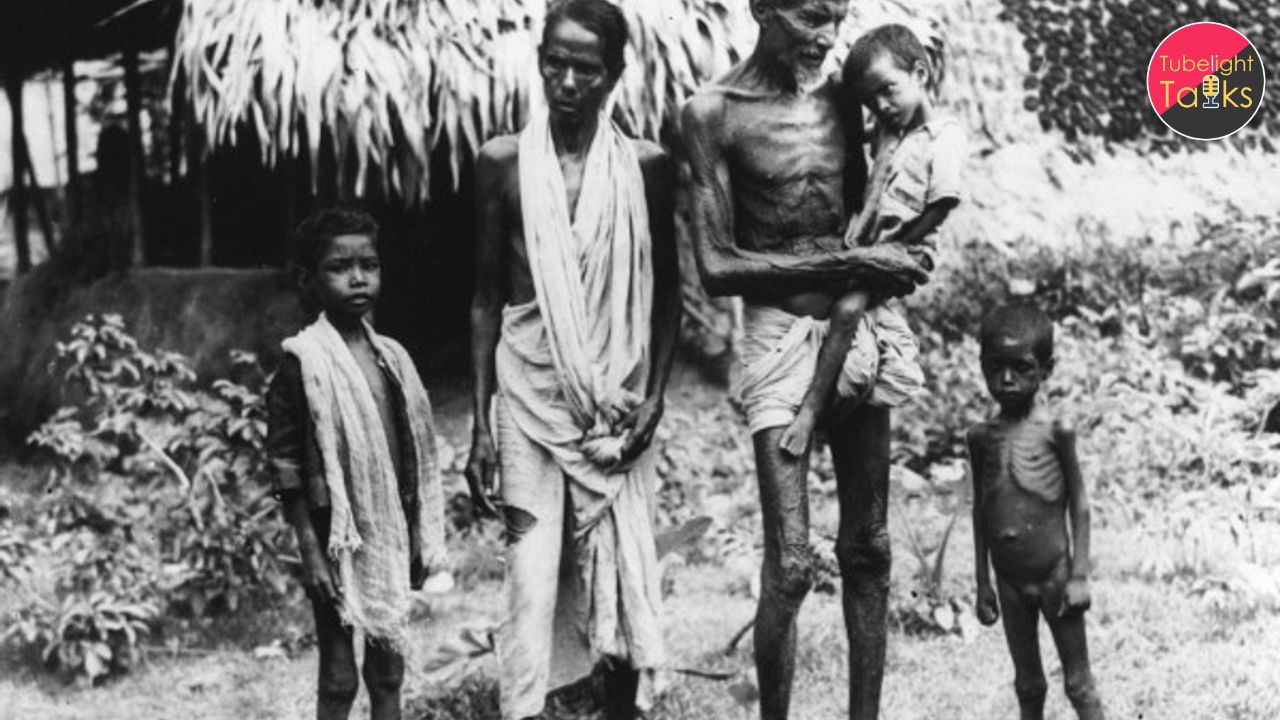In a landmark policy shift, the Bharatiya Janata Party (BJP)-led central government has announced that it will conduct a nationwide Caste Census India 2025—the first such enumeration since 1931. This major step is being hailed as a stride toward social justice, data-driven policymaking, and long-standing demands for caste-based reservation reforms. The decision comes even as India has not yet conducted its long-overdue population census, pending since 2011, now tentatively expected in September 2025.
A Long-Awaited Demand Gains Ground
For decades, political parties, civil society organizations, and academic experts have been advocating for a socio-economic caste census to gather data on the actual population of various Other Backward Classes (OBCs), Scheduled Castes (SCs), and Scheduled Tribes (STs). The lack of such data has hindered effective policy planning, resource allocation, and affirmative action programs.
“The caste census will be an important tool for achieving inclusive development,” said Union Minister Ashwini Vaishnaw, emphasizing the government’s focus on “Sabka Saath, Sabka Vikas, Sabka Vishwas.”
What Has Changed in 2025?
The BJP’s move comes amid increasing electoral and social pressure. In 2023 and 2024, state governments in Bihar and Karnataka conducted their own caste-based surveys, releasing data that reignited the national debate. Opposition parties, particularly the Indian National Congress and various regional parties, have been demanding a national-level caste census to evaluate and restructure OBC quota distribution.
Union Home Minister Amit Shah stated, “It’s time we bring transparency and accuracy to our welfare system. A nationwide caste enumeration is essential for effective governance.”
Why Has the National Population Census Been Delayed?
India’s decennial population census, last held in 2011, has faced multiple delays. Originally scheduled for 2021, it was postponed due to the COVID-19 pandemic. Logistical issues, technical preparations for digital data collection, and now the inclusion of caste data have further delayed the process.
According to a Reuters report, the census is now expected to begin in September 2025, making it a 15-year gap between two rounds of the world’s largest population survey (Reuters).
Caste-Based Reservation and the 50% Ceiling
Currently, reservations in India—affirmative action in education, jobs, and political representation—are capped at 50% as per Supreme Court rulings. However, many communities, especially among OBCs, argue that this quota does not reflect their actual demographic and socio-economic presence.
Updated caste census data could fuel demands to increase caste-based quotas, and possibly even push for constitutional amendments. The 1990 Mandal Commission Report, which recommended 27% reservation for OBCs, was based on data from the 1931 caste census—nearly a century ago.
Administrative and Legal Challenges
Conducting a caste enumeration at a national level involves navigating a complex web of technical, administrative, and legal hurdles:
- Discrepancies in OBC lists between states and the Centre.
- Opposition from groups concerned about furthering caste-based divisions.
- The need for robust data verification and digital infrastructure.
According to The Wire, experts warn that a flawed or poorly implemented census could backfire and create confusion instead of clarity (The Wire).
Social Justice and Policy Planning
For activists and policy planners, this move is seen as essential to ensure fair access to opportunities, especially in education and employment. “Without knowing the actual size and condition of marginalized communities, how can we plan development?” said Dr. Anjali Mehta, a sociologist at Jawaharlal Nehru University.
The caste census is expected to influence:
- Education and Job Quotas
- Economic Upliftment Schemes
- Health and Housing Policies
- Electoral Delimitation and Representation
Caste Census and Federal Dynamics
Interestingly, state-level initiatives like those in Bihar and Karnataka have challenged the Centre’s long-standing hesitance. These states’ data-driven governance models have showcased how federal units can influence national policy.
In Bihar, the caste survey revealed that OBCs and Extremely Backward Classes (EBCs) made up over 60% of the population. This data has already led to re-evaluation of schemes and budgets at the state level.
Caste Discrimination: A Sin Against Spiritual Equality
While the BJP’s caste census aims to bring statistical clarity and reform to India’s reservation system, Sant Rampal Ji Maharaj offers a much deeper and lasting solution—the complete elimination of caste-based discrimination through spiritual knowledge. According to His teachings, all souls are children of the same Supreme God, and any division based on caste is man-made and unscriptural.
As He often says:
“Jaat na puchho saadhu ki, puchh lijiye gyaan.”
(“Do not ask the caste of a saint, ask about his knowledge.”)
He also emphasizes:
“All souls are equal in the eyes of God.”
While policies and census data can aid in fair governance, they cannot change the mindset that fuels discrimination. Real change starts from within, and that happens when society embraces the spiritual truth found in holy scriptures—revealed by enlightened saints like Sant Rampal Ji Maharaj.
He advocates true worship of Supreme God Kabir Ji, as mentioned in holy texts like the Vedas, Gita, and Quran, as the only path to salvation and unity. Casteism ends not through paperwork, but through divine wisdom.
FAQs on First Nationwide Caste Census Since 1931
1. What is the BJP’s caste census announcement all about?
The BJP government has announced India’s first nationwide caste census since 1931 to collect data on various castes, especially OBCs, SCs, and STs, for better policy planning and social justice.
2. Why hasn’t India conducted a caste census since 1931?
India discontinued caste enumeration after 1931 due to administrative and political sensitivities. Recent demands for data-driven welfare and representation revived the call for a caste-based census.
3. How will the caste census impact reservations in India?
The caste census will provide updated data on caste populations, potentially influencing the revision of OBC, SC, and ST quotas in education, jobs, and political representation.
4. When will the delayed population census and caste census be conducted?
The national population census, delayed since 2021, is expected to begin in September 2025. The caste enumeration will be integrated into this process.
5. Which states have already conducted their own caste surveys?
Bihar and Karnataka have conducted state-level caste surveys, which revealed major backward caste populations and influenced national discussions on caste-based reservations.










